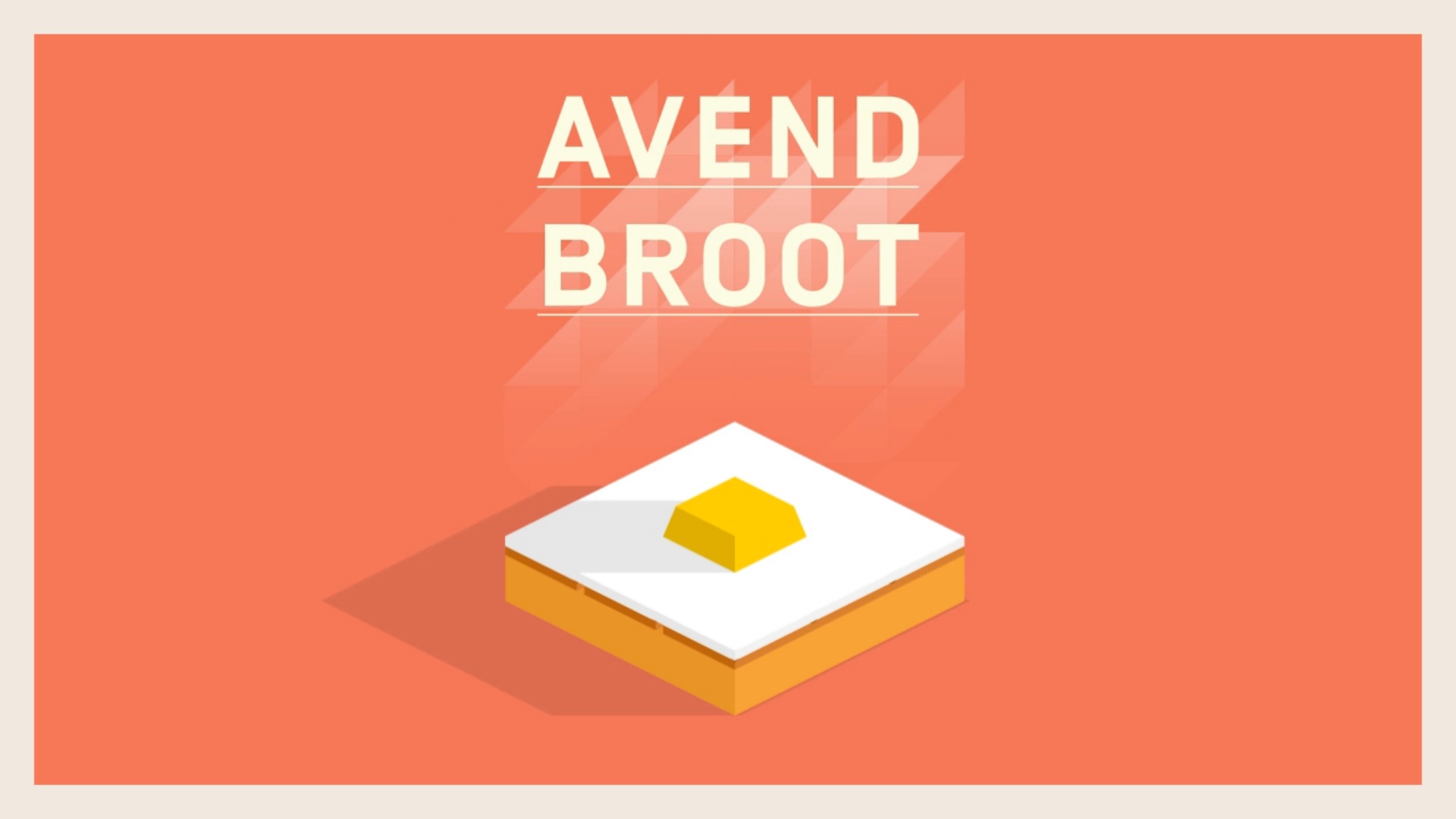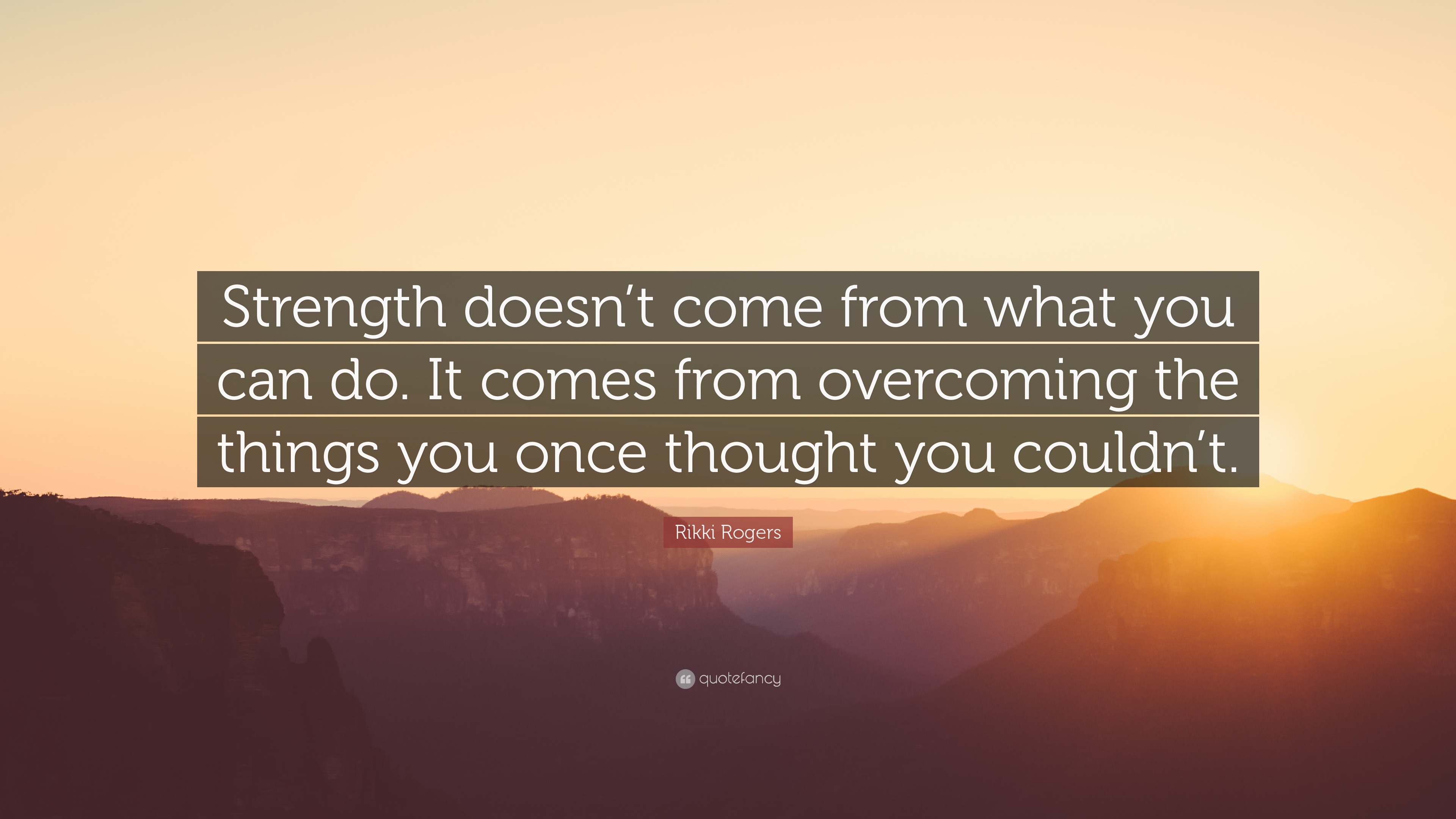Ever wondered why we say "how come" instead of just asking "why"? Well, buckle up, because we're about to unravel the mystery behind "how come how comes" and how it became such a staple in our everyday conversations. It's like that one phrase that just sticks, you know? And trust me, there's a lot more to it than meets the eye.
Now, before we dive headfirst into the nitty-gritty, let's take a moment to appreciate how "how come" has managed to carve out its own little niche in the world of English expressions. It's not just a casual phrase; it's a linguistic phenomenon that's been around for centuries. And if you're anything like me, you're probably curious about where it came from and why we use it so often.
So, here's the deal: this article is all about breaking down "how come how comes," exploring its origins, usage, and everything in between. Whether you're a language enthusiast, a curious learner, or just someone who loves a good word mystery, you're in the right place. Let's get started!
- A Tribute To Aubreigh Wyatt Remembering Her Legacy And Death Date
- Molly Noblitt Update A Journey Through Her Life And Achievements
Table of Contents
- The Origins of "How Come"
- Understanding the Syntax
- How Come in Everyday Usage
- Linguistic Perspective
- Cultural Impact
- A Brief History
- Variations and Synonyms
- Real-Life Examples
- Common Misconceptions
- The Future of "How Come"
The Origins of "How Come"
Let's rewind the clock a bit and talk about where "how come" even came from. Believe it or not, this phrase has been around since the early 1800s. That's right, folks, it's been part of the English language for over two centuries. And here's the kicker—it wasn't always the go-to question word. Back in the day, people used "why" almost exclusively, but "how come" started sneaking its way into conversations, and boy, did it stick.
So, what made "how come" so appealing? Well, for starters, it adds a little bit of flair to your questioning. Instead of just asking "why," you're asking "how come," which somehow feels more conversational, more personal. It's like saying, "Hey, I'm not just asking for the sake of asking—I really want to know how this whole thing came to be."
Early Usage
When we look back at old texts and letters from the 1800s, we start to see "how come" popping up in informal settings. It wasn't something you'd use in a formal letter to the queen, but it was perfect for chatting with friends or family. And that's kind of how it's stayed ever since—informal, friendly, and oh-so-useful.
- Discovering Molly Noblitt Today A Journey Through Her Life And Career
- Understanding The Molly Noblitt Punishment A Deep Dive
Understanding the Syntax
Now, let's break down the grammar behind "how come." At first glance, it might seem a little odd. I mean, why don't we just say "how it came to be" or something like that? Well, that's where the magic happens. "How come" is what linguists call an idiomatic expression, which means it doesn't follow the usual rules of grammar. But hey, that's what makes it so fun to use!
Here's the thing: when you say "how come," you're essentially asking "how did this situation come about?" But instead of using all those extra words, you get straight to the point. It's like a shortcut for your brain, and who doesn't love a good shortcut?
Breaking It Down
- "How" refers to the method or process.
- "Come" implies movement or change.
- Put them together, and you've got a question that's both concise and effective.
How Come in Everyday Usage
Alright, let's talk about how "how come" fits into our daily lives. You probably use it more than you realize. Think about it: when your friend shows up late to dinner, you might ask, "How come you're late?" Or when your sibling gets a new job, you might say, "How come you didn't tell me sooner?" It's one of those phrases that just slips into conversation without much thought.
And here's the thing: "how come" isn't just for casual conversations. You'll find it in books, movies, and even news articles. It's versatile, adaptable, and oh-so-useful. So, whether you're chatting with a buddy or writing a formal report, "how come" has got your back.
Real-Life Scenarios
Let's take a look at some examples:
- At work: "How come we didn't get the project done on time?"
- At home: "How come the kids are still awake?"
- With friends: "How come you didn't invite me to the party?"
Linguistic Perspective
From a linguistic standpoint, "how come" is a fascinating little phrase. It's what's known as a "marked" construction, meaning it deviates from the standard "why" in a way that draws attention to itself. And that's exactly why it works so well—it makes you pause and think about the situation you're asking about.
Plus, it's a great example of how language evolves over time. Back in the day, "why" was the default question word, but as people started looking for new ways to express themselves, "how come" emerged as a contender. And now, it's an integral part of the English language.
Language Evolution
Language is always changing, and "how come" is a prime example of that. What started as a quirky little phrase has grown into a staple of modern English. And who knows? Maybe in another hundred years, we'll have a whole new set of expressions to play with.
Cultural Impact
Now, let's talk about how "how come" has influenced culture. You'll find it in songs, movies, and even memes. It's become so ingrained in our collective consciousness that it's hard to imagine life without it. And that's a testament to its power as a linguistic tool.
Take, for example, the famous song "How Come" by Garth Brooks. The title alone tells you everything you need to know about the song's theme. It's all about asking tough questions and seeking answers, which is exactly what "how come" is all about.
Pop Culture References
- "How Come" by Garth Brooks
- "How Come You Don't Call Me" by Alicia Keys
- Movie titles like "How Come This Guy?"
A Brief History
Let's take a quick trip through time and see how "how come" has evolved over the years. As we mentioned earlier, it first appeared in the early 1800s, but it really took off in the mid-20th century. That's when it started showing up in movies, TV shows, and other forms of media.
And here's a fun fact: "how come" wasn't always considered proper English. In fact, some grammarians back in the day frowned upon it, claiming it was too informal. But as we all know, language is democratic, and if enough people use a phrase, it becomes part of the norm.
Key Historical Moments
- First documented use: Early 1800s
- Popularity surge: Mid-20th century
- Modern usage: Everywhere!
Variations and Synonyms
Of course, no discussion of "how come" would be complete without mentioning its variations and synonyms. While "why" is the most obvious alternative, there are plenty of other ways to ask the same question. For example, you could say "what's the reason" or "how did this happen." But let's be honest—none of them quite have the same charm as "how come."
And here's the thing: while these variations might work in certain contexts, "how come" has a way of making you sound more conversational, more approachable. It's like the Swiss Army knife of question words—always there when you need it.
Common Alternatives
- Why
- What's the reason
- How did this happen
Real-Life Examples
Let's take a look at some real-life examples of "how come" in action. These are snippets from conversations, books, and even social media that show just how versatile this phrase can be.
Example 1: "How come you never told me about the sale?"
Example 2: "How come we didn't think of this sooner?"
Example 3: "How come no one warned us about the weather?"
Why These Examples Matter
Each of these examples highlights a different aspect of "how come." Whether you're asking about a missed opportunity, a lack of foresight, or a lack of communication, "how come" is there to help you get to the bottom of things.
Common Misconceptions
Now, let's clear up a few misconceptions about "how come." For starters, it's not just for kids. Sure, you'll hear it a lot in playgrounds and schoolyards, but adults use it just as much. In fact, some of the most intelligent people I know are big fans of "how come."
Another misconception is that it's somehow less intelligent than "why." That couldn't be further from the truth. "How come" is just as valid a question word as "why," and in many cases, it's even more effective. So, don't let anyone tell you otherwise!
Setting the Record Straight
- "How come" isn't just for kids.
- It's not less intelligent than "why."
- It's a versatile and useful phrase.
The Future of "How Come"
So, where does "how come" go from here? Well, if history is any indication, it's here to stay. As long as people are asking questions—and let's face it, we always will—"how come" will continue to be a go-to phrase. And who knows? Maybe it'll even evolve further, gaining new meanings and uses along the way.
One thing's for sure: "how come" isn't going anywhere anytime soon. It's too useful, too versatile, and too ingrained in our language to fade away. And that's a good thing because, let's be honest, life would be a lot less interesting without it.
Looking Ahead
As we move forward into the future, keep an eye on how "how come" continues to evolve. It might surprise you just how much this little phrase can teach us about the way we communicate and the way our language grows and changes over time.
Kesimpulan
And there you have it—a deep dive into the world of "how come how comes." From its origins in the early 1800s to its place in modern culture, this phrase has proven itself to be a linguistic powerhouse. Whether you're using it in casual conversation or in a formal setting, "how come" is always ready to help you get to the bottom of things.
So, the next time you find yourself wondering "how come," remember that you're part of a long tradition of curious thinkers and question-askers. And who knows? Maybe your question will inspire someone else to dig deeper, to explore further, and to keep the conversation going.
And hey, if you enjoyed this article, don't forget to leave a comment, share it with your friends, or check out some of our other articles. After all, curiosity never goes out of style!
- Discovering Molly Noblitt Today A Journey Through Her Life And Career
- Understanding The Tragic Case Of Molly Noblitts Suicide


